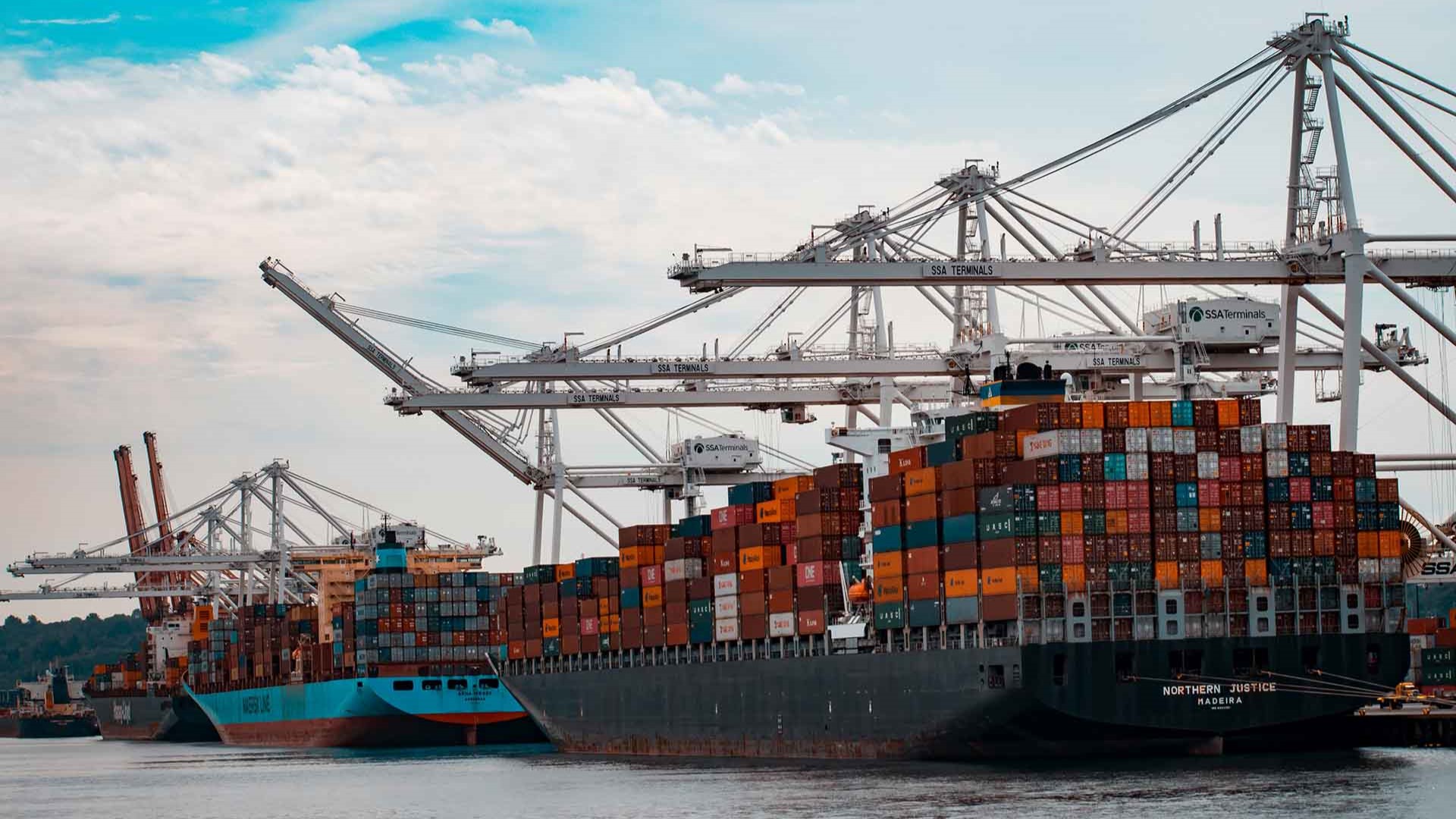U.S. Trade Slumps Sharply Amid Tariff Fallout, Shipping Volumes Plunge

NEW YORK — Recent data reveal a rapid and concerning slump in U.S. trade volumes following President Donald Trump's dramatic tariff hikes on Chinese imports, with indicators suggesting far-reaching economic impacts could soon follow. Retailers and e-commerce giants are among the earliest to show visible signs of distress, notably reflected in sales declines at Temu and Shein, major online marketplaces heavily reliant on Chinese goods.
Temu and Shein reported significant drops in U.S. sales shortly after raising retail prices to offset the sharply increased tariffs. According to Bloomberg, Shein experienced a 23% sales decline during the last week of April compared to the previous week, while Temu's sales fell by 17%. These figures starkly contrast the substantial surge both companies enjoyed in early April when consumers stocked up in anticipation of tariff-induced price increases.
The recent tariff hikes, which saw duties on many Chinese imports climb to an unprecedented 145%, have already eroded consumer confidence, pushing it to a nearly five-year low. Retailers now face an escalating dilemma: absorb tariff costs and accept narrower profit margins or pass the hikes directly to increasingly cost-sensitive consumers.
Further foreshadowing economic strain, U.S. import booking volumes have plummeted by 35% since late March, marking the sharpest drop in trade activity this year. Specifically, imports from China fell by nearly 43% in the final week of April alone. This dramatic slowdown is evident at major U.S. ports, including Los Angeles, Long Beach, and the Port of New York-New Jersey, all of which have reported steep declines in container traffic from Chinese exporters.
A stark example of the tariffs' immediate financial impact is detailed in Bloomberg's analysis of the OOCL Violet, a shipping vessel arriving at the Port of Long Beach on April 24. Carrying goods valued at approximately $564 million, the ship faced an estimated $417 million in new tariffs, illustrating the significant financial strain imposed by the recent hikes. Items ranged from consumer products like apparel and footwear to industrial goods such as forklifts and machinery, underscoring the broad reach of the tariffs across multiple sectors of the economy.
"We are now beginning to see the flow of cargo to the Port of Los Angeles slow," said Eugene Seroka, Executive Director of the Port of Los Angeles, during an April board meeting. "It's my prediction that in two weeks time, arrivals will drop by 35%," he continued. He highlighted growing concern among American agricultural and manufacturing exporters, whose bookings to China have collapsed by up to 73% year-over-year.
Domestic retailers such as Walmart and Target have yet to significantly raise prices, but industry analysts warn that sustained tariff pressures could force broader price hikes soon. Amazon, caught between political pressures and consumer price sensitivity, has opted not to transparently display tariff costs, illustrating the difficult decisions businesses now face.
The shipping industry has responded aggressively to falling demand, drastically reducing vessel capacity on key trade routes from Asia to the U.S. East and West Coasts. According to maritime research firm Drewry, capacity from Asia to the U.S. West Coast is down 20% in April alone. In the last week of April and first week of May, more than 25% of weekly service-loops have already been cancelled, slightly exceeding the highs of the COVID-19 pandemic.
Economists warn that the tariffs’ full impact on consumer prices and availability could become evident by mid-May, as existing inventories of lower-cost goods run dry. Analysts project the consumer-price index report for May, scheduled for June 11, will likely be the first significant reflection of the tariffs' broader economic repercussions.
With container traffic at critical ports significantly down and both importers and exporters feeling the strain, the economic ripple effects could soon extend well beyond retail, potentially triggering wider economic slowdowns, job cuts, and sustained inflationary pressures. For now, American businesses and consumers alike watch closely, preparing for a summer of uncertainty amid escalating trade tensions.
